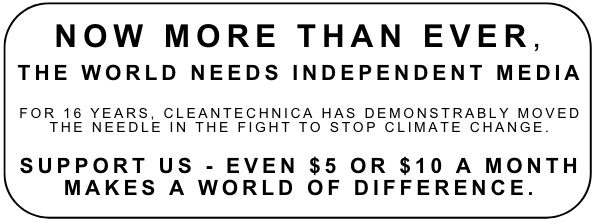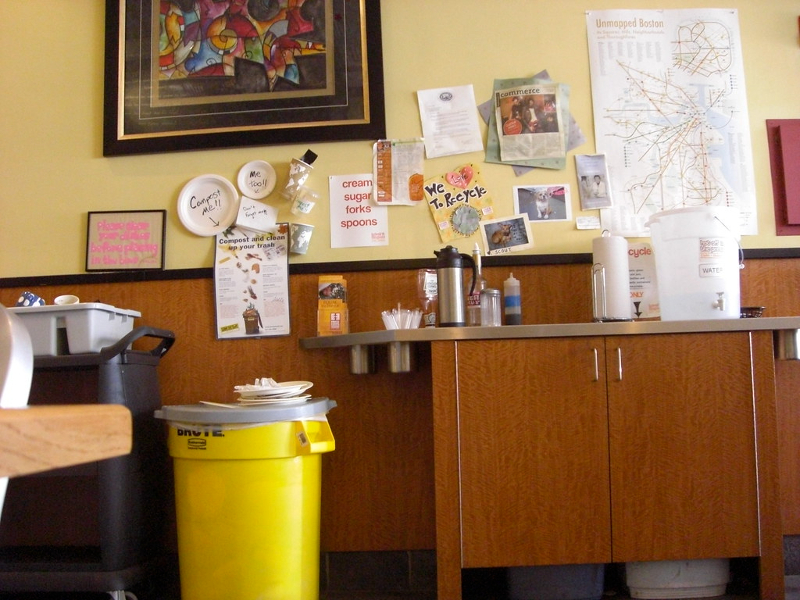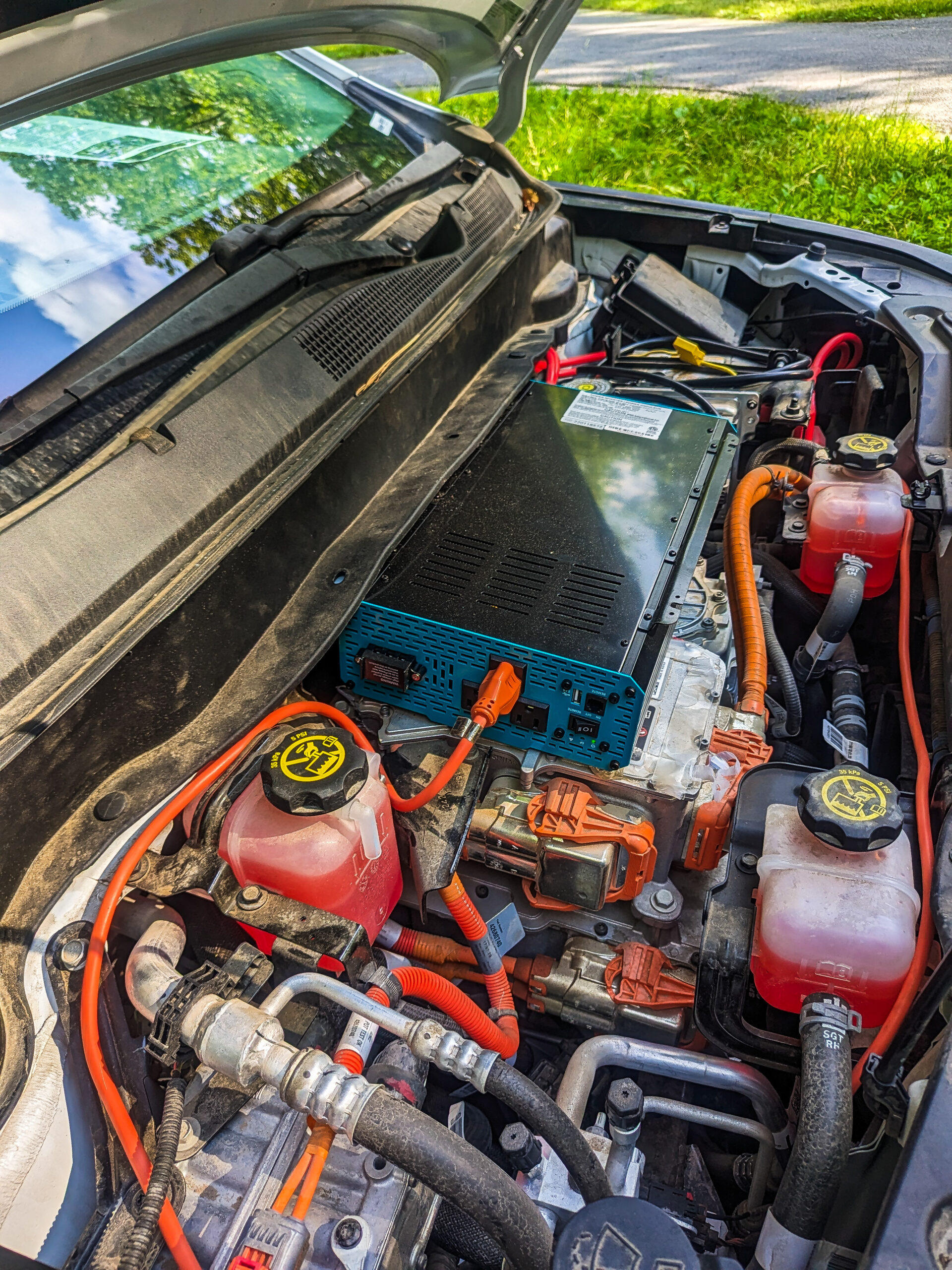
Sign up for daily news updates from CleanTechnica on email. Or follow us on Google News!
Two years ago, Massachusetts banned businesses that generate more than 1,000 pounds of food waste a week from tossing those scraps in the garbage. Restaurants, grocery stores, schools, and hotels all had to reconsider what it meant to dispose of scraps left over from food preparation and diners’ plates.
And of all states with food waste bans, “Massachusetts alone has reduced landfill waste,” according to a recent study in the journal Science. But not all food waste programs have been able to significantly reduce food in their landfills. California, Connecticut, Rhode Island, and Vermont haven’t had the same results that MA has had. Massachusetts has decreased the amount of food waste in its landfills by around 10%.
In fact, the study’s findings indicate that there is a need to reassess food waste bans using Massachusetts as a benchmark for success.
What makes the MA food waste program different from other states? Composting food waste — a form of managed organic matter decomposition — worked for MA. The Science study authors conclude that MA has strong infrastructure and enforcement. The state has “the most food waste processing facilities per every 1,000 square miles,” and “more than triple the number of inspections” per year than any other state. Infrastructure and oversight, it seems, helps to reduce commercial food waste.
The MA state government was also motivated. More than a third of its trash is exported, and the state’s six landfills are expected to fill by 2030. Landfills release methane, a potent greenhouse gas that fuels climate change.
What’s the Big Deal with Food Waste?
Food waste is depleting natural resources, polluting the environment, and contributing to climate change. Global food waste contributes 8% to 10% of greenhouse gas emissions.
A huge amount of food waste is caused by supply chain inefficiencies such as the spoilage that results from overstocked inventory and suboptimal storage temperatures. One-third of all food produced is wasted, and food waste produces about half of the greenhouse gas emissions from the global food system.
Food waste reduction has risen on the political agenda alongside ambitious material recycling, water protections, and greenhouse gas (GHG) emissions targets. To reduce emissions, some governments have banned food waste disposal in landfills. Diverting such food waste from landfills is crucial to reducing emissions and meeting Paris Agreement targets.
Although implementing prevention measures to reduce the demand for food waste can significantly lower the environmental implications of production chains, policy arms like the European Environment Agency recommend waste recycling as an essential step. US landfills account for 14% of the country’s methane emissions annually, which is equivalent to the methane emitted from more than 24 million internal combustion engine vehicles (ICEVs). Composting, on the other hand, aerates food as it decomposes, significantly reducing the amount of methane released.

How Massachusetts Made Composting Work
The first MA food waste ban was initiated over a decade ago and intensified in 2022. The state’s goal is to reduce its waste management costs by diverting at least 35% of all food scraps from landfills.
These days, food handling staff separate food scraps from the trash. Metallic butter wrappers and rectangular jam packets are dropped into traditional garbage receptacles, but overcooked french fries and an unloved brioche bun have a different destination: a 45-gallon compost bin.
“It’s not like you’re doing anything that different. Instead of tossing it into one bin, they’re just tossing it into another,” Johnny’s Luncheonette co-owner Kay Masterson told the Boston Globe. “Honestly, it was easier than I thought it was gonna be, which is wonderful because not every change is like that.”
How does MA help its food service establishments get started with free assistance in the program?
- The MA Department of Environmental Protection (DEP) contracts with a local nonprofit.
- Together, the nonprofit and the food service establishment try to figure out how to cut down the food waste.
- Multilingual signs help kitchen staff distinguish between compostables and trash.
- The food service establishment learns about sources to pay for composting.
- Connections to soup kitchens and organizations that take excess food are made.
- Local farms and compost haulers become part of a network of people and businesses who want to take away food scraps.
“In order for businesses to even know that these policies exist in the first place and then know what to do about it, somebody needs to help them,” said Lorenzo Macaluso, chief growth officer for CET (formerly known as the Center for EcoTechnology), a nonprofit in Western Massachusetts that contracts with state-funded programs like RecyclingWorks to help businesses reduce their waste and energy consumption.
CET has provided no-cost assistance to roughly 16,000 businesses and organizations to date. During the last fiscal year, the organization estimates it diverted nearly 1,800 tons of food and other materials from landfills.
A typical CET training program offers an opportunity for organizations to become equipped with practical tools toward sustainability. Participants learn how to:
- conduct on-site food excess assessments with restaurants;
- perform cost analyses to implement diversion programs effectively;
- connect with organics processors and other waste reduction partners; and,
- promote best practices in food waste reduction that can drive real change.
Yes, the MA food waste ban is targeted right now on the commercial sector. Nonetheless, many MA cities and towns have implemented residential composting programs and other food diversion efforts. Roughly a quarter of the state’s 351 municipalities have either drop-off or curbside composting programs, either run by the city — as in Boston — or through a private vendor.
Black Earth Compost is an important link to successful residential composting in the MA and New England area. One of the largest vendors in the state, the company provides composting in nearly three dozen cities and towns at roughly 40,000 locations, according to company data.
Their 35 trucks collect food scraps from residents, schools, supermarkets, colleges, and others across eastern MA, RI, and NH. But their services don’t stop there. Black Earth Compost is also vertically integrated, so that they also compost the material they collect and then sell the compost to residents in New England. That means they can return it to the community as a soil amendment to add for soil and plant health. It’s good for moisture retention, so customers mix it into the soil before planting, or they top-dress their lawns, trees, and shrubs to provide added nutrients and organic matter.
Featured image by SuSanA Secretariat (CC BY 2.0 license)

Chip in a few dollars a month to help support independent cleantech coverage that helps to accelerate the cleantech revolution!
Have a tip for CleanTechnica? Want to advertise? Want to suggest a guest for our CleanTech Talk podcast? Contact us here.
Sign up for our daily newsletter for 15 new cleantech stories a day. Or sign up for our weekly one if daily is too frequent.
CleanTechnica uses affiliate links. See our policy here.
CleanTechnica’s Comment Policy




